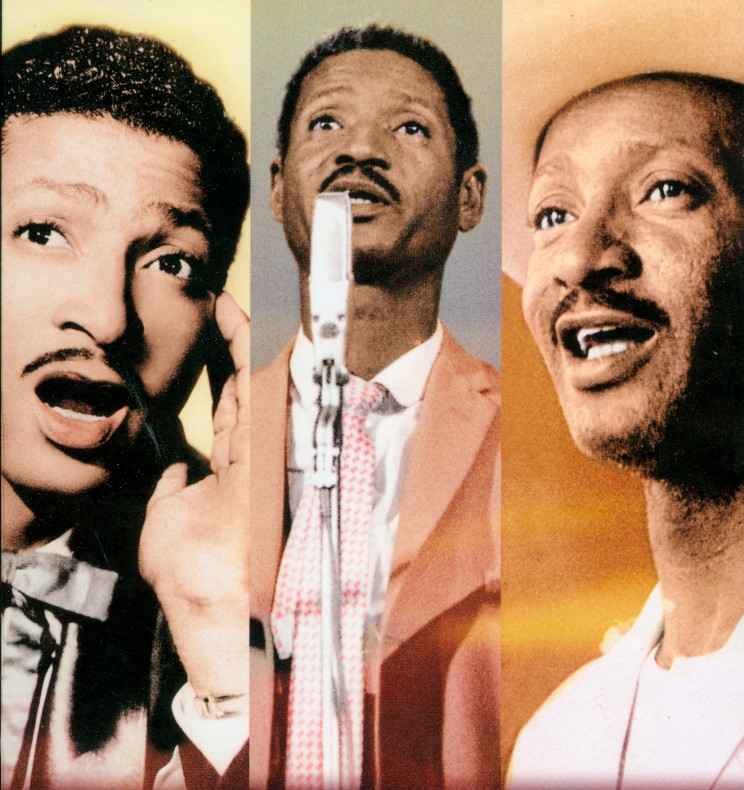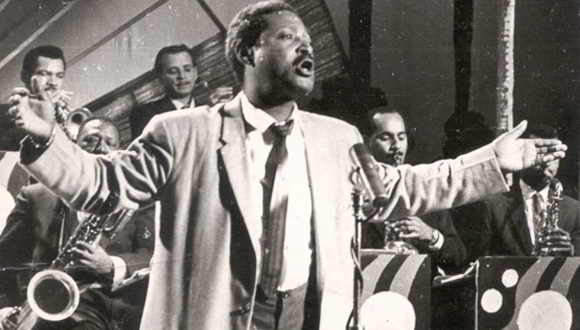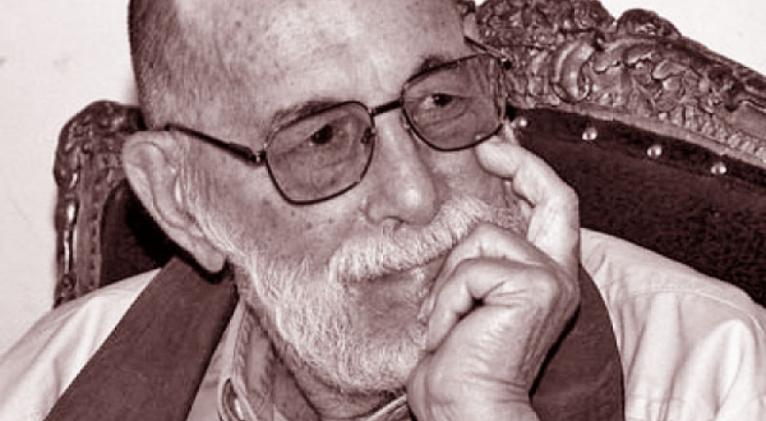Benny Moré. A definition of Cuban identity

Pieces like Santa Isabel de las Lajas and Que bueno baila usted illustrate the iconic figure of Benny Moré, emerging from a sentiment of belonging and delight in life. There are those who deny their past. Circumstances and convenience usually weave alliances for this purpose. But he always defended his own. Nothing could come between the man and the Cuban people – not even labels, pedigree or money – as he moved them and made a place in their hearts.
Investigation and assessment of Benny Moré’s musical accomplishments demonstrate a singer with exceptional talents. His extraordinary skill in dancing and originality in conducting an orchestra have made him famous. Qualities that are undoubtedly the heirs of a rich popular lineage, which today, under the protection of his esteem by talented scholars, point to him as a decisive reformer not only of everything that sounded in his time, but also of everything that was valuable in the singing of popular music known at that time,» declared the Cuban musicologist José Reyes Fortún.
Although he had no academic training, his roots, the constant search for music that runs through his veins and his absolute devotion have left their mark on the sublime performance style, perfect intonation and wide vocal range of this artist.
In addition to these qualities, Fortún highlights his ability as an improviser: «(…) not only of the sones montunos, but also of the varied and rich country tunes, which he masterfully demonstrated in the use of many of his songs and which, in my opinion, helped to distinguish his singing.»
The roots of his career, however, continue to give us the image of an unusual singer, whose career gives rise to impressions like this one, taken from the Mundo Sonero website: «(…) he was bohemian, transhumant, sincere, exuberant, womanising, macho, sensual, tender, violent, extravagant, but above all an authentic Cuban. He was not a perfect man. Neither are the Orishas «perfect».

And it is in this authentic, human imperfection that he continues to reveal his validity to us. In his essay Por el camino del mar, the poet and novelist Guillermo Rodríguez Rivera explains why Benny was not and could not be a self-made man:
«No one is completely self-made, and even less can he represent the values of a very important sector of society through himself alone. This unbridled individualistic vision ignores the fact that man (especially the artist) is made of tradition, of the values he carries with him, of what his environment and, of course, his perception of that environment communicate to him as values shaped and modified by his talent. Benny respected the values that made him successful, whether he liked them or not.
These include his love for Cuba, his efforts to accompany and recognise all the members of his Banda Gigante, the various occasions on which he performed for the underprivileged and his willingness to sing in poor conditions. «Benny, the poor black peasant who rose through his talent to become the best singer in the history of a country of singers, and who always respected his original values, was therefore a folk hero among us. Like no other, he represented the soul of the Cuban fiesta, but he was also a good friend, a good son, a good father and a lover: a synthesis of what the Cuban wants to be and could become,» said Guillermo in the aforementioned text.
Not only a synthesis, I might add, but also the exordium of a greater possibility: that of finding ourselves again in the ocean of everyday life, to see that we are still alive… and that there is hope.
Translated by Luis E. Amador Dominguez



